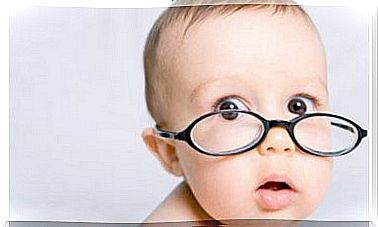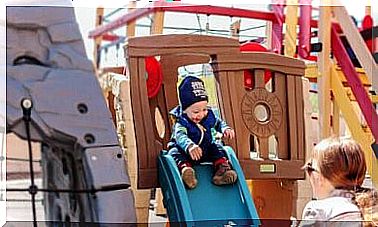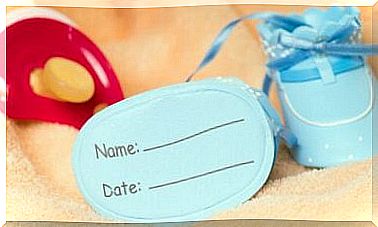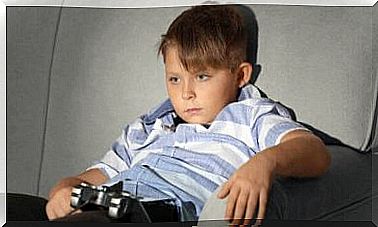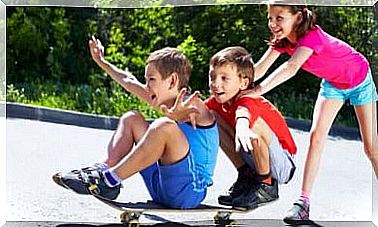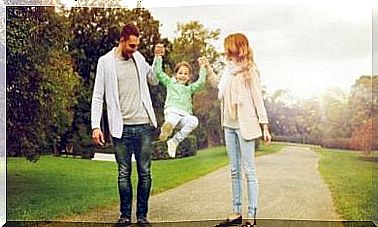Activities To Develop Children’s Social Skills
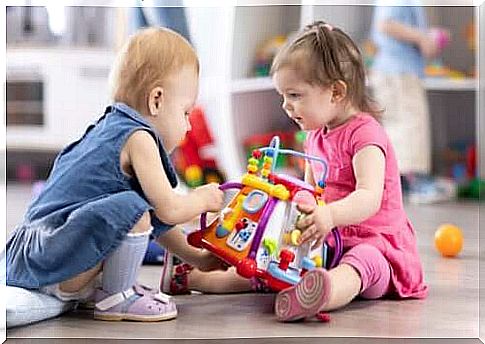
Whether they are open or reserved, shy or outgoing, all children must establish social relationships. Communicating, interacting and sharing with others is essential for healthy physical and psychological development. However, the ability to relate properly is not always inherent and must be learned and taught. Therefore, we suggest some activities to work with children’s social skills.
Not having the right social tools can cause serious difficulties for children. From problems with self-esteem, sadness, and fear of rejection to stress or social anxiety.
So it is important, from their early years, that we give them sufficient resources. In this way, they can see social interaction as something simple and rewarding.
Activities to develop children’s social skills
There are many social skills that we use daily and that we can improve in children. From the simplest, such as presenting yourself, complimenting or initiating a conversation, to the more complex ones, such as following instructions, asking for help or setting boundaries.
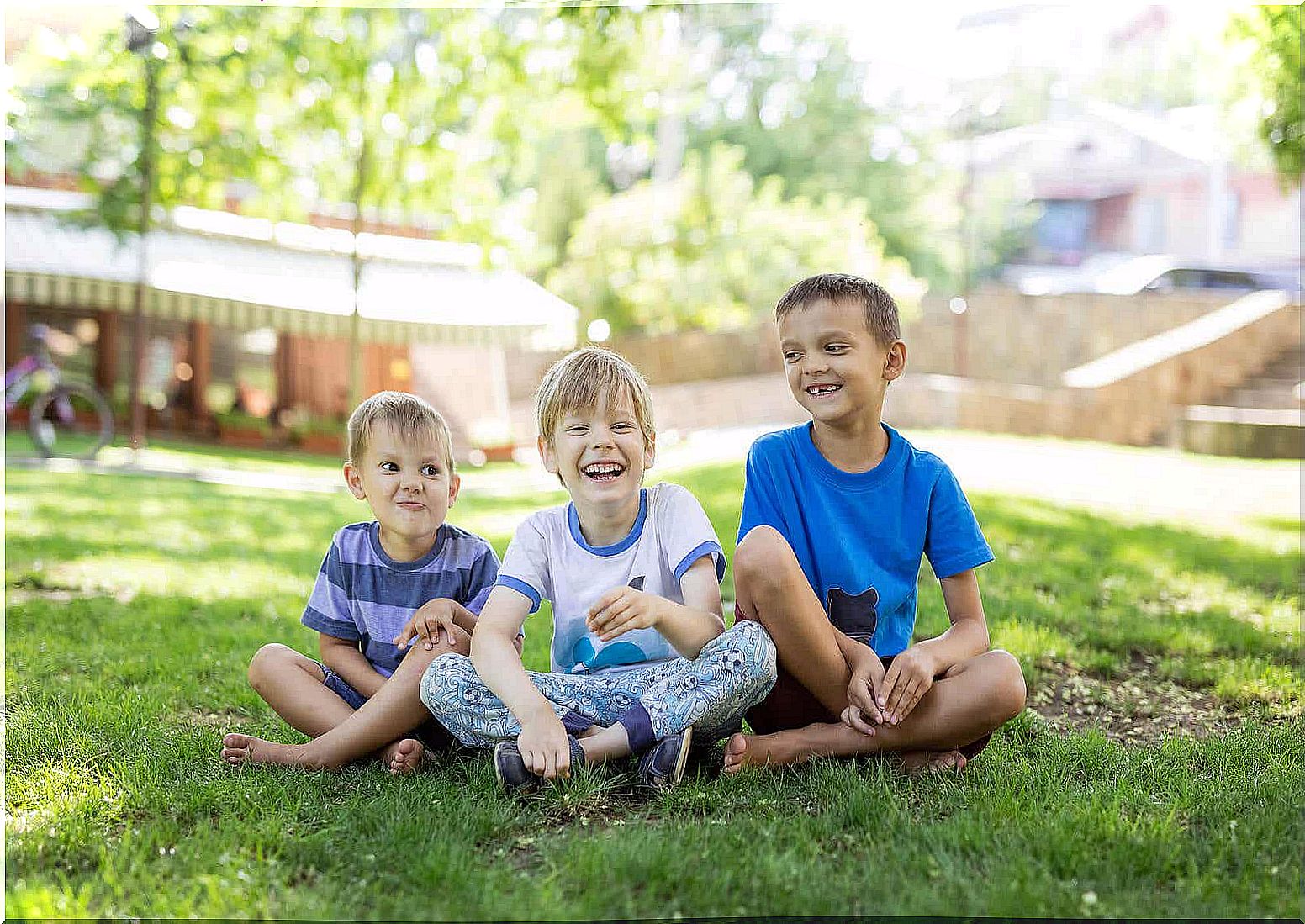
Below we will focus on some of the most important and how we can teach them in a simple and fun way.
Empathy
To work with empathy with children , we must help them identify the moods of others, understand them, and respond appropriately.
To do this, one of the simplest exercises is to show them pictures of faces that express different emotions. And then ask them to say what they think these people feel. We can also do the opposite, ie give the child a feeling and encourage him to represent it with his own gestures.
Books and movies can also be very helpful tools for promoting empathy. So we can ask the children what each of the characters feels and what makes them feel that way. In the same way, it is interesting to encourage them to think about what feelings they would experience in that situation and how they would like to be treated by others.
Determination
Being determined is an important social skill, as it is closely related to self-esteem. To develop it, role-playing is one of the most appropriate activities.
It is about the children being divided into pairs and then explaining the situation they should act out. These can be asking for a favor, saying “no” to a request, expressing an opinion, negotiating with the other person, and so on.
Before performing this activity, it is important to explain the correct way of expressing ourselves without showing disrespect to others but defending our opinions and wishes. The rest of the children play the role of spectators and decide what they think of the stage, what is right and what can be improved.
Cooperation
To learn to work together, we must confront children with games or activities that require teamwork. Team treasure hunting, for example, can be very interesting. In this activity , children must gather their skills to solve tests and puzzles.
“The Great Turtle” is another game that is as useful as it is fun. A number of children go down on all fours and on top of them they lay a rug, which is the turtle’s shell.
They are then asked to move like a turtle from one point to another or to walk in a circle. By doing so, they will see the need to coordinate their movements to prevent the shell from falling off.
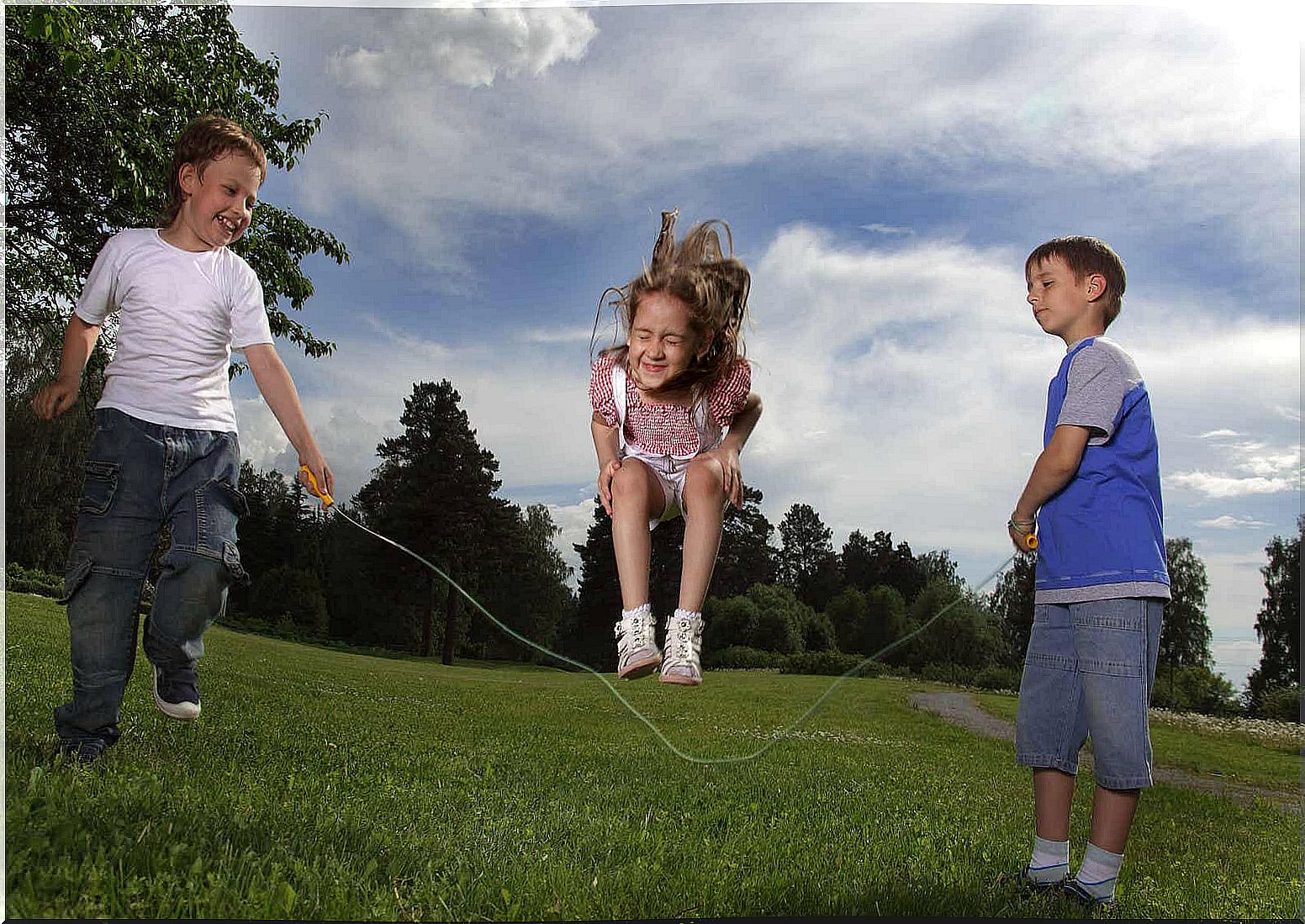
Other activities to develop children’s social skills
To work with social skills with children, it is best to do it in a natural and fun way in everyday contexts. Board games, for example, can be very useful in teaching children to wait their turn.
The traditional game “Simon says” is ideal for developing the ability to follow instructions. In addition , games with content such as blindfolds and guidance with a partner can improve interpersonal trust.
Above all, we must remember that the family is the main actor of socialization and parents are the most important reference divers. Therefore, our own behavior is the best guide for our children.
Let us become aware of how we relate to each other, how we express ourselves and what ideas we convey to our children about social interaction. Acquiring these skills in childhood will prepare them for success in many areas of their lives.


